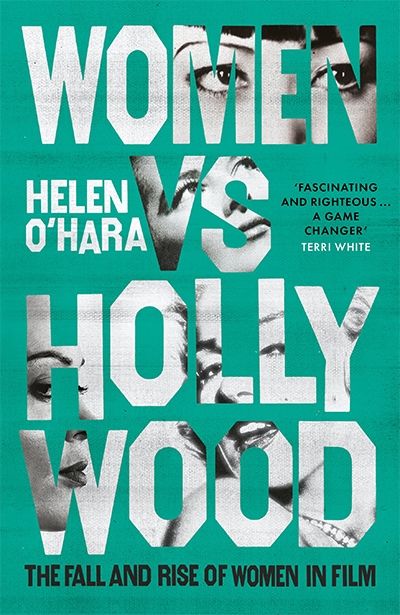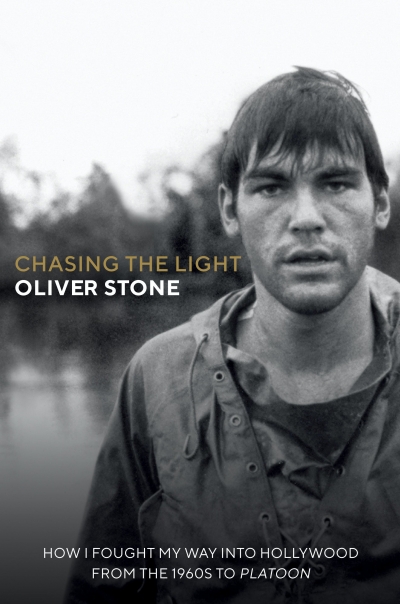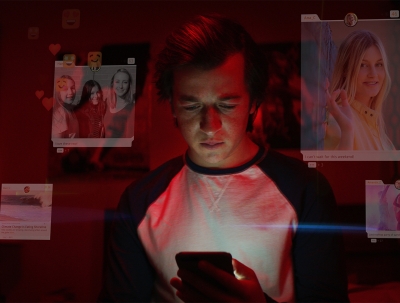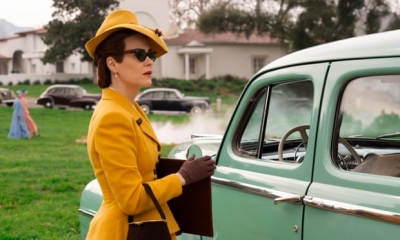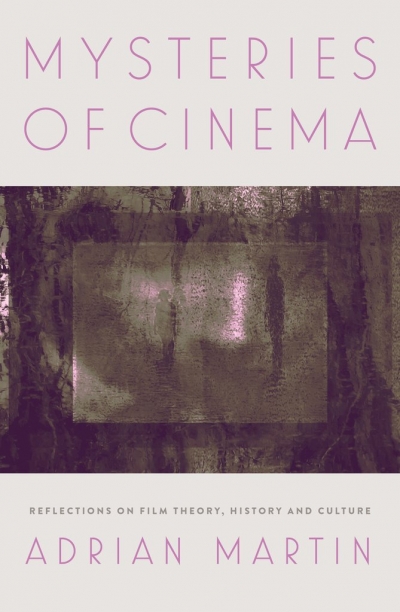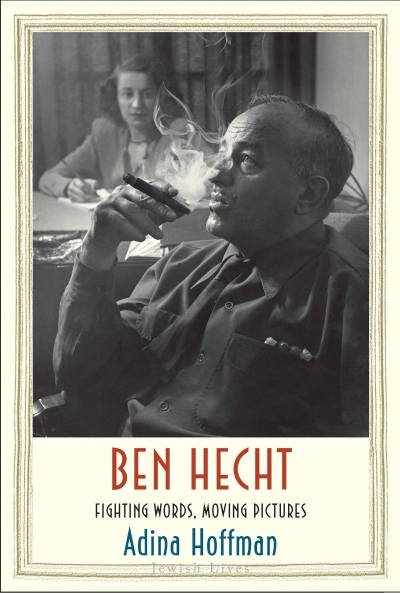Film Studies
Women vs Hollywood: The fall and rise of women in film by Helen O’Hara
As Victoria emerges from its long lockdown, cinemas, among the last businesses to reopen under the roadmap to recovery, are finally open to the public again. But how will they operate in a Covid-normal world? Have we learnt to live without them?
... (read more)Chasing the Light: How I fought my way into Hollywood: From the 1960s to Platoon by Oliver Stone
If you watch one film about technology this year, make it this one. The Social Dilemma (Netflix) features almost every tech insider turned outsider. There’s Tristan Harris, Google’s former chief design ethicist who famously dissented over the company’s attention/addiction business model. There’s Justin Rosenstein, the inventor of the Facebook ‘like’ button, who now regrets his invention. There’s Guillaume Chaslot, inventor of the YouTube recommendations system, who now regrets his invention. There’s Jaron Lanier, founder of virtual reality, who now wants people to delete their social media accounts. There’s Shoshana Zuboff, author of last year’s The Age of Surveillance Capitalism, who blew the lid on the whole game. And that’s just in the first few minutes.
... (read more)How, precisely, does a character unmoor itself from its source material? And how concerned should we be to track its progress – or should that be retrace its steps? These questions bugged me as I admittedly devoured Ryan Murphy’s new Netflix series, Ratched. Ostensibly a prequel, it re-contextualises and re-packages the unforgettable villain Nurse Ratched from Ken Kesey’s novel One Flew Over the Cuckoo’s Nest (1962) for entirely different aims, so much so that the original feels hopelessly far away. In fact, there’s little evidence of Kesey at all.
... (read more)Mysteries of Cinema: Reflections on film theory, history and culture by Adrian Martin
Ben Hecht: Fighting words, moving pictures by Adina Hoffman
What I’ve come to expect of a new Mike Leigh film is, above all, the unexpected. His first feature, Bleak Moments (1971), of which there were quite a few in that contemporary study of urban, lower-middle class life, made him a potent force in British film. Think of Naked (1993) and Secrets & Lies (1996) ...
... (read more)Hitler and Film: The Führer’s hidden passion by Bill Niven
We invited some writers, film critics, and film professionals to nominate their favourite film – not The Greatest Film Ever Sold, but one that matters to them personally.
... (read more)
